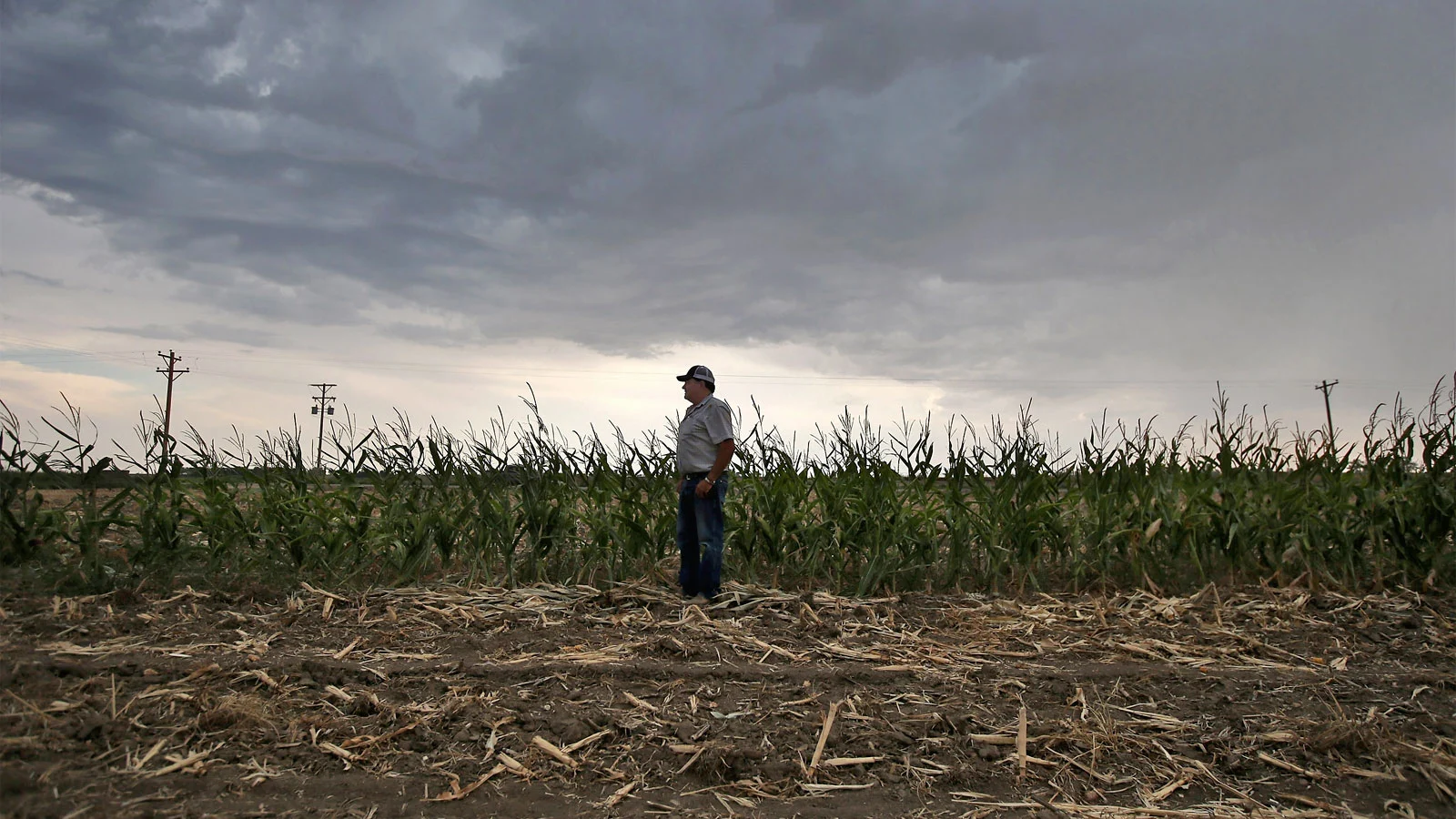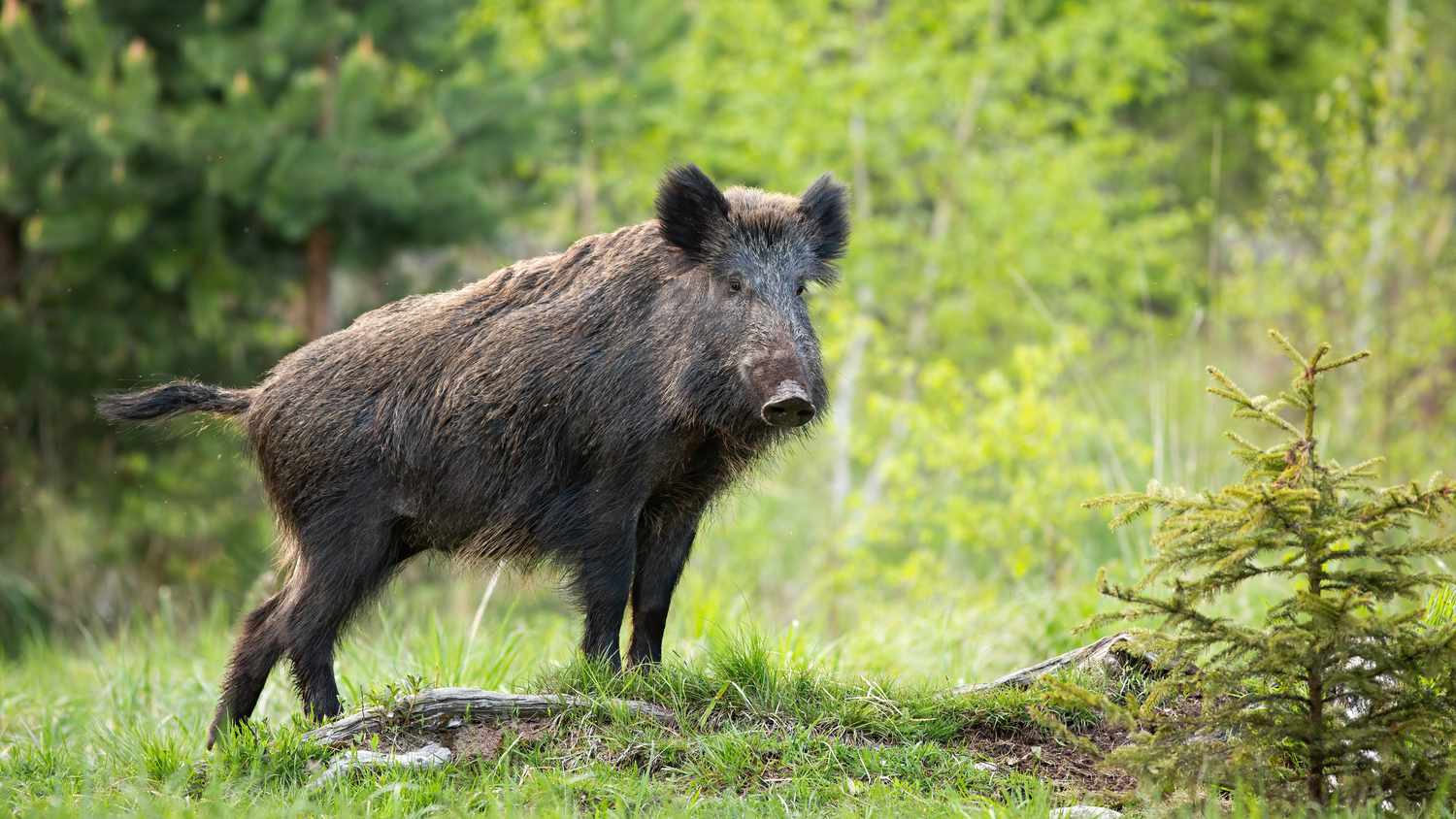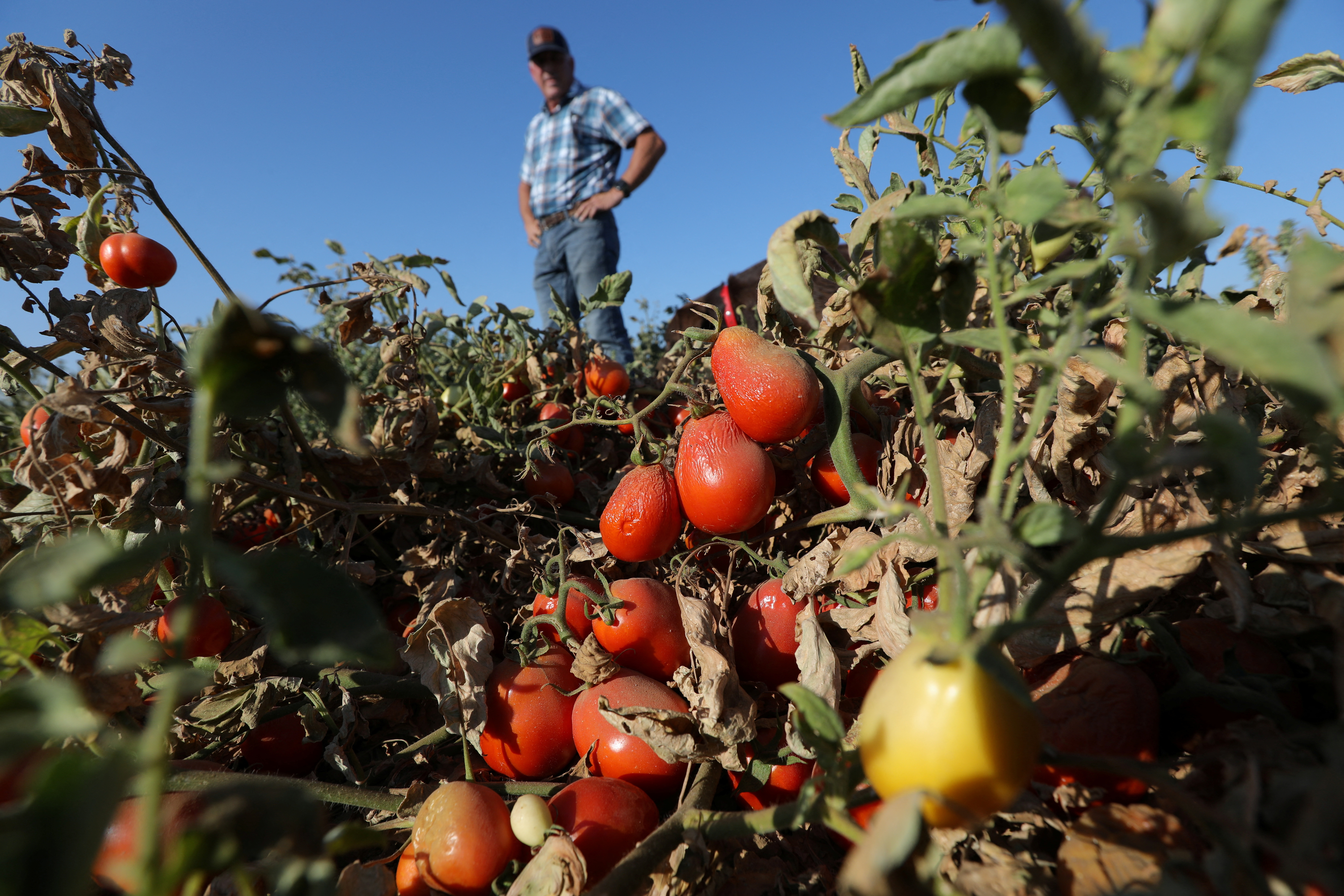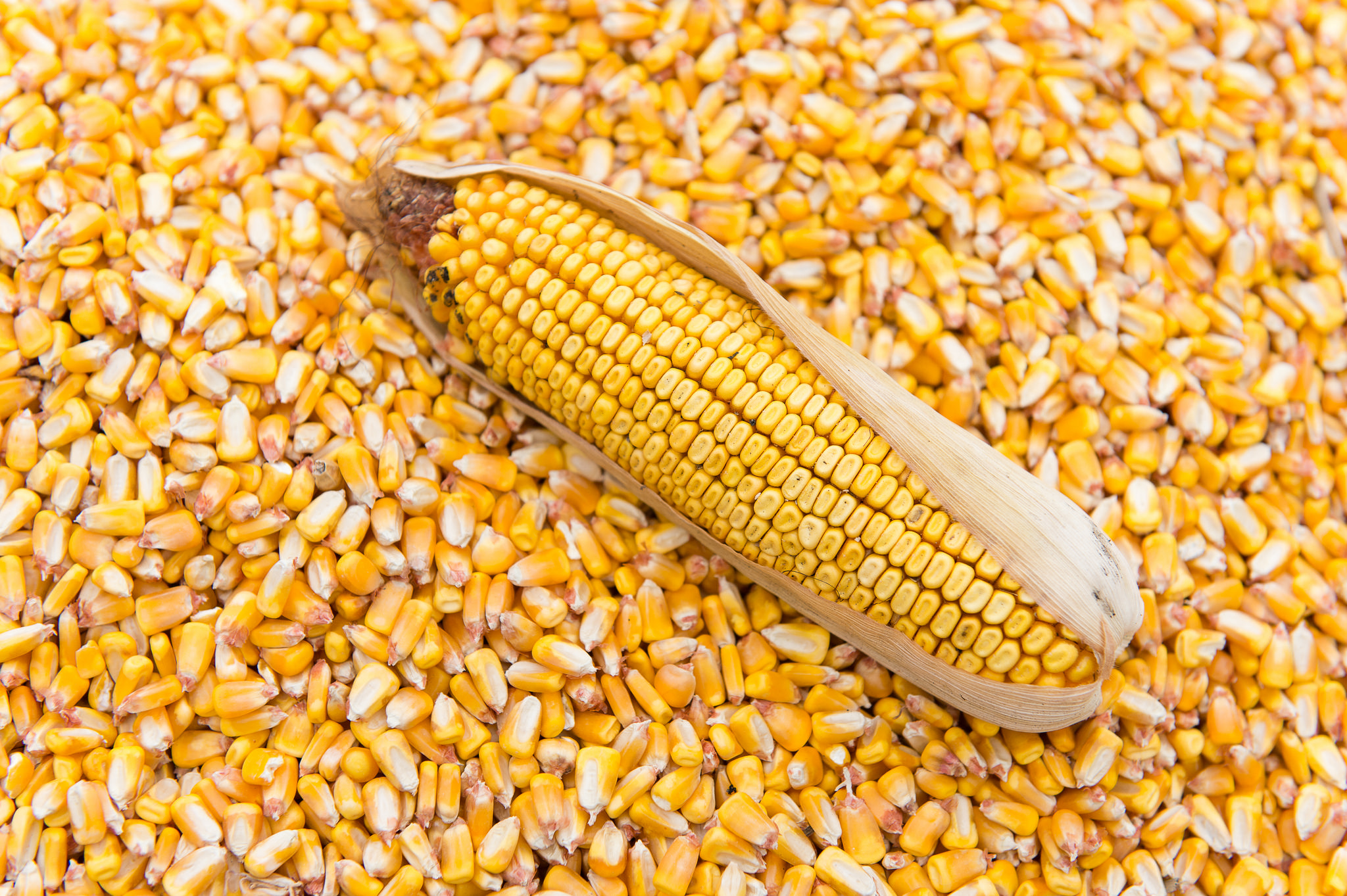Nigeria - Maize production falls as army-worms attack
27.12.2018 110 views
Fresh crisis looms in Nigeria’s maize production as armyworms attacks the country’s local maize farmlands
as local demand for the commodity sparks rise in importation by 100 per cent from the 2017 figure as two new vessels has berthed with 25,200 tons of the produce in Lagos and Calabar ports.
Eagle Star has just discharged 13,200 tons at Apapa Bulk Terminal Limited (ABTL), Lagos Port, while MV Eternity C offloaded 12,000 tons at Calabar Port.
It was gathered that between January and December, 2018, the country imported 400,000 metric tons of the grain valued at N52.4 ($146 million) as against 200,000 metric tons imported last year.
Meanwhile Findings also revealed that some 1.45 million tons of maize valued at ($532.1 million) have been ferried into the country from Russia, Brazil and United States to meet industrial and domestic demand since 2016.
The price of the grain has already hit $367 per metric ton at the international market.
This year, the Central Bank of Nigeria (CBN)’s anchor borrower scheme has helped in the production of the grain by 600,000 metric tons.
Despite the scheme, the Nigerian Ports Authority (NPA)’s shipping position data revealed that no fewer than 50,000 tons of maize was offloaded at Lagos and Calabar ports within the August and September, 2018.
At the Apapa Bulk Terminal Limited (ABTL), Lagos Port Complex, MV Eternity Sea has offloaded 18,000 tons of the maize, while MV Zola discharged 20,000 tons at ENL terminal.
The port data revealed that 195,443 metric tons of the grain were conveyed to the country between January and October, 2017 through Lagos, Rivers Port, Calabar and Tincan ports.
In October alone, Kinatsi discharged 18,500 tons; Zola, 20,000 tons and Nasco Pearl, 18,000 tons at Lagos Port Complex, while 8,444 tons were offloaded from African Joseph R and 11,500 tons from Estia at Tincan Island Port.
Also at Rivers Port in Port Harcourt, Nasco Pearl and Desert Victory discharged 22,000tons and 14,999 tons respectively.
Meanwhile, the Maize Farmers Association of Nigeria (MAAN) has projected an increase of 25 million metric tons of maize by the end of the 2019, as the Federal Ministry of Agriculture explained that the country’s domestic demand for maize had reached at 15.5 million metric tons.
President of the association, Bello Abubakar, who gave the estimate in Abuja at a parley between the association and Business Innovation Facility (BIF), explained that the target was to help Nigeria fight maize importation.
He added that the meeting with BIF was aimed at assisting the association on how to collect data and help in building capacity in order to enhance quality production.
Abubakar said that the association was working with the Federal Ministry of Agriculture and Rural Development and the Central Bank of Nigeria (CBN) to empower farmers.
The president noted that the farmers cultivated over 50,000 hectares, adding that 180,000 metric tons were being expected under the CBN’s Anchor Borrowers’ Programme.
“Other farmers’ assessment for the maize production is estimated to be about 20 million tons,” he said. “This is a great achievement in terms of maize production in Nigeria.”
He explained that there was a plan on ground to fight the scourge of worms.
According to him, there was a task force committee on ground inaugurated by the minister of agriculture last year.
He noted that the ministerial committee had started taken serious action on armyworm this year.
The minister of Agriculture and Rural Development, Chief Audu Ogbemi said that apart from maize, the pest had also been known to affect over 80 crops including cassava, yams, millet, sorghum, vegetables and okra.
He said the pest currently attacks maize crop in all states of the federation in both rain-fed and irrigated maize farms
Fall Army Worm
First spotted in 2016 in Nigeria and in the island state of Sao Tome and Principe, scientists say it is likely that the caterpillar reached Africa aboard a passenger aircraft.
Proving that theory will be tricky, but what is certain is how quickly the pest has spread: female moths are able to cover distances of more than 60 miles a night. As a result, crop infestations have been now been reported in nearly 40 African countries and populations of Fall Army Worm have now reached the fringes of the Sahara itself.
all Army Worm has cost African economies billions of pounds in crop losses since the American pest was first spotted on the continent two years ago, prompting fears of a humanitarian crisis as millions of farming families face destitution and hunger.
No-one knows for certain how Fall Army Worm, a caterpillar – despite its name – regarded as one of the world’s most invasive crop species, crossed the Atlantic.
Not Just Maize: Armyworm Crisis Threatens Sorghum, Other Crops, Too
According to Malick Ba, Ph.D., principal scientist at ICRISAT in Niger, “Fall armyworm damage on sorghum has been reported in Burkina Faso, Mali, Northern Nigeria, Niger, Chad and elsewhere,” says Ba. “Infestation in the whorl of sorghum can reduce grain yields by 55 percent to 85 percent. Putting all the control efforts on maize would even worsen the situation on sorghum and other host plants. It is largely understood in the scientific community that research on fall armyworm should have a holistic, integrated approach going forward, to include all targeted crops.”
Every year, Africa loses almost half of crop yields due to pests; given the recent urgency to mitigate the fall armyworm problem, pesticides have been the primary management method thus far, but the use of chemicals continues to be expensive and over-reliance on them can lead to resistance developing in fall armyworm populations. Muniappan said such downsides further solidify the case for an integrated approach to managing the fall armyworm. In addition to botanicals, biopesticides, and other forms of control, the IPM Innovation Lab will soon implement biological control in several African nations to weaken the spread of the pest.
With devastation from the fall armyworm (Spodoptera frugiperda) on the rise, the Feed the Future IPM Innovation Lab at Virginia Tech is looking to biological control as a safe, economical, and productive method for management of the pest. (Video credit: Feed the Future Innovation Lab for Integrated Pest Management)
However Scientists from the International Crops Research Institute for the Semi-Arid Tropics (ICRISAT) in Niger say that 99 percent of the media and research coverage on the fall armyworm focuses on the invasive pest’s deadly threat to maize.
Sara Hendery
And deservedly so: The fall armyworm (Spodoptera frugiperda) is indeed a major problem for maize—more than 40 nations in Africa, where hundreds of millions of people depend on maize, are rushing to find a solution to the pest that can travel long distances and reproduce in large numbers.
However, management methods solely addressing the fall armyworm’s damage on one crop could leave communities that rely on additional drought-resistant crops, like sorghum, at a disadvantage.
“The fall armyworm is polyphagous, which means it feeds on various foods,” says Muni Muniappan, Ph.D., director of the Feed the Future Innovation Lab for Integrated Pest Management. “We saw serious damage on the sorghum fields we visited during our last trip to Niger and damage on millet, as well, the nation’s staple crop. Not only is a diversified diet important for food-insecure nations, but it’s very common for a community of people not to eat a certain food simply because it doesn’t look or taste like their preference, which means we can’t just look to save one crop in this crisis. A one-track, one-crop solution for a multi-track pest could be very dangerous.”
Source - https://naija247news.com













